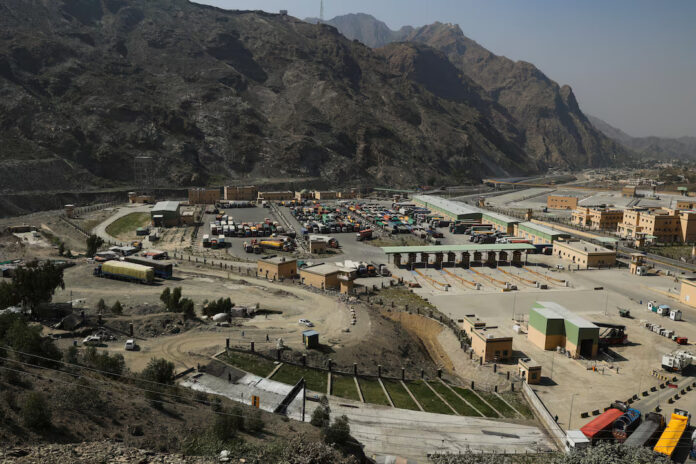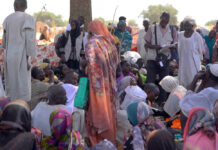
Pakistan and Afghanistan agreed on Wednesday to a temporary 48-hour ceasefire following days of fierce fighting and airstrikes along their volatile border that left more than a dozen civilians dead and over 100 wounded, officials from both sides confirmed.
The truce, which began at 1300 GMT, was announced after Pakistan carried out airstrikes in Afghanistan’s Kandahar province and the capital Kabul, escalating tensions between the two neighbours to their worst point since the Taliban’s return to power in 2021.
According to a statement from Pakistan’s foreign ministry, the ceasefire was implemented “at Kabul’s request” and aimed at preventing further bloodshed.
However, Taliban spokesperson Zabihullah Mujahid said the truce came at the “insistence of the Pakistani side”, adding that Afghan forces had been ordered to observe the ceasefire as long as Pakistan refrained from further “aggression.”
The violence erupted after Islamabad accused the Afghan Taliban administration of sheltering militants responsible for deadly cross-border attacks in Pakistan.
Kabul rejected the allegations, accusing Pakistan of spreading misinformation and harbouring ISIS-linked fighters to destabilize Afghanistan, claims the Pakistani military has firmly denied.
On Wednesday morning, Pakistani forces reportedly bombed the border town of Spin Boldak in Kandahar, killing several Taliban troops, according to Pakistani security officials.
Afghan officials said the airstrike hit residential areas, killing and wounding civilians. Later, another strike reportedly targeted an area in Kabul, though the intended target remains unclear.
The Italian NGO EMERGENCY, which runs a war victims’ hospital in Kabul, said it received 40 casualties, including five dead, following the explosions.
“We started receiving ambulances filled with wounded people… with shrapnel wounds, blunt trauma, and burns,” said Dejan Panic, EMERGENCY’s country director in Afghanistan.
Both sides exchanged blame for launching ground attacks. The Taliban said Pakistani shelling in Spin Boldak killed more than a dozen civilians and wounded around 100, while Pakistan accused Taliban forces of injuring four civilians in Chaman, on the Pakistani side of the border.
Separately, fighting between Pakistani troops and militants in Orakzai district killed six paramilitary soldiers and nine militants, according to Pakistani security officials.
The renewed hostilities have forced the closure of multiple border crossings, halting trade and leaving hundreds of trucks stranded. The border shutdown is especially damaging for landlocked Afghanistan, which depends heavily on imports from Pakistan for food and basic goods.
The clashes have drawn international concern, with China urging protection for its nationals and investments, Russia calling for restraint, and U.S. President Donald Trump offering to help mediate an end to the conflict.
The flare-up also coincided with a rare visit by Afghan Foreign Minister Amir Khan Muttaqi to India, Pakistan’s regional rival.
During the trip, New Delhi announced plans to reopen its Kabul embassy, while the Taliban said it would soon send diplomats to India, moves seen as part of Kabul’s effort to diversify its foreign relations amid growing tensions with Islamabad.
As the ceasefire takes effect, analysts warn that unless both nations tackle the deeper security and political mistrust driving the violence, the fragile calm may not last beyond the agreed 48 hours.
Source: Reuters
Written By Rodney Mbua


















